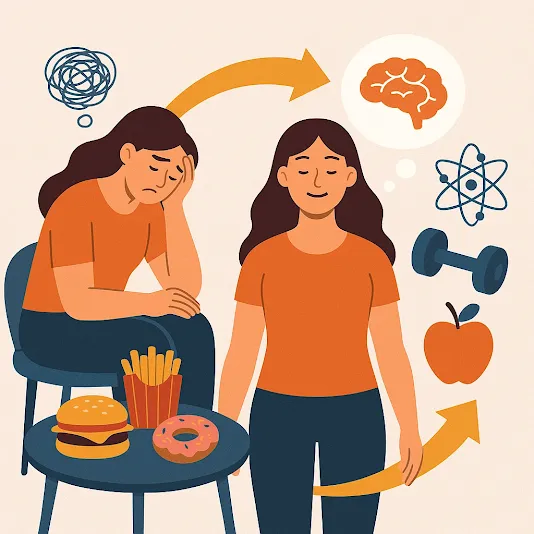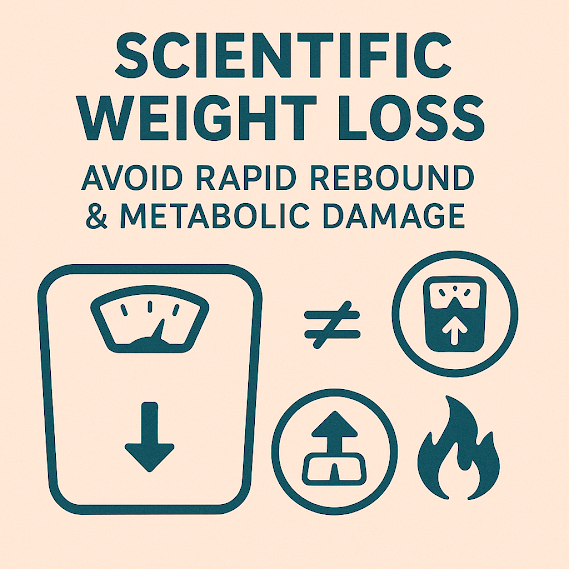Emotional Eating: The Hidden Obstacle to Weight Loss
Sometimes, our eating habits are dictated by our emotions. When feeling unhappy, stressed, or anxious, many people turn to food for comfort—even when not physically hungry. Emotional eating, the act of consuming food to soothe negative feelings rather than hunger, is a major roadblock for those trying to lose weight.
Do you often find yourself craving food when upset, regardless of hunger? If so, you’re an emotional eater. Overcoming this habit is crucial for successful weight loss—here’s how.
Why Do We Emotionally Eat?
Food provides instant gratification, making it a common coping mechanism for stress, boredom, loneliness, or exhaustion. Whether it’s mindless snacking in front of the fridge or indulging in sweets after a bad day, emotional eating offers temporary relief but fails to address the root issue. Worse, it reinforces a harmful cycle: eat to feel better → feel guilty → doubt weight loss efforts → give up entirely.
The Emotional Eating Cycle:
Trigger – Negative emotions prompt overeating.
Guilt – You regret the indulgence, questioning your willpower.
Self-Doubt – You see it as proof that weight loss is impossible.
Surrender – Motivation plummets, leading to abandonment of goals.
5 Strategies to Break the Cycle
1. Delay the Craving
When the urge strikes, wait 5 minutes before eating. Gradually increase this delay to 10, then 20 minutes—often, the craving fades entirely.
2. Keep a Food Journal
Track:
What you eat
When/Where (e.g., midnight at the fridge)
How you felt
Identifying patterns helps you address emotional triggers instead of masking them with food.
3. Drink Water First
Hydration can curb false hunger. Before reaching for snacks, drink a glass of water—it calms emotions and creates a sense of fullness.
4. Find a Substitute Activity
Distract yourself with exercise, hobbies, or socializing. Physical activity not only burns calories but also reduces stress and suppresses appetite.
5. Stay Connected
Isolation fuels emotional eating. Surround yourself with supportive people or engage in activities that bring joy, redirecting focus away from food.
Key Insight:
Food won’t solve emotional voids. Recognizing this is the first step toward lasting change.











Comments
Post a Comment